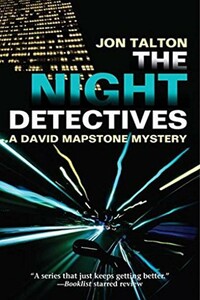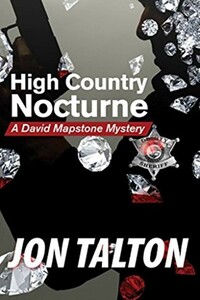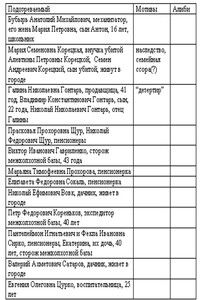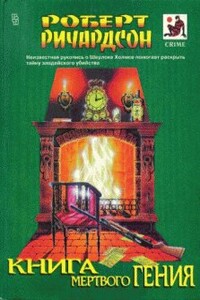The files were a mess, out of chronological order or their proper folder. It looked as if they had been tossed haphazardly into the box years ago and forgotten. The dust attested to that. I was sneezing and wishing I had taken a Sudafed. So I spent more than an hour sniffling, sneezing, and sorting the files into some kind of order. I separated them into piles: handwritten call logs from uniforms, typewritten accounts from the detectives, photostats of FBI forms, crumbling newspaper articles, fragments of court transcripts, a booking record with fading blue fingerprints, the judge’s execution order and black-and-white photos. Then I organized the reports chronologically-those with dates, at least. Ellington’s orchestra went smartly from “Take the A Train” through “Stardust” and “Ring Dem Bells.” The concert had been recorded in 1943, two years after the Yarnell kidnapping.
This was not like the case files of a modern police agency. There were no pre-printed incident reports for the beat cops to fill in, or any lab or forensics reports. Trace evidence beyond a detective’s sense of smell would have been a science fiction dream. I looked in vain for a chronology of the victims before the kidnapping. Even for a crime from 1941, this one seemed to have generated little paperwork, much less the kind of files that would go with what one newspaper labeled it: “Arizona’s Crime of the Century.” But my brief time back at the sheriff’s office had taught me how case files became misplaced, lost, and picked apart as time went on. The files were obviously incomplete. I made a note to check for files at the county courts and in historical archives. Then I got down to reading what I had.
On December 4, 1941, a radio car was called to the home of Hayden Yarnell. The officers were told that a kidnapping had occurred and they immediately summoned detectives. Yarnell’s twin grandsons, Woodrow and Andrew, had gone missing the previous Thursday, Thanksgiving. They were four years old and wearing matching cowboy outfits, but there was no mention of a pocket watch.
I skimmed through a detective’s report typed on a machine with a crooked r key, looking for a reason why it had taken the family so long to call police. The boys’ father, Morgan Yarnell, said he had put the twins to bed Thanksgiving night around eight o’clock. When his wife checked on them after midnight, they were gone. The grounds of the Yarnell house were searched, as were the adjoining citrus groves. At seven the next morning, Friday, November 28, Morgan Yarnell received a phone call from a man who claimed he had taken the boys. He demanded a hundred thousand dollars, deposited in a locker in Union Station. Morgan Yarnell complied, but the boys were never returned.
The reports yielded no good answer for the week’s delay. But several were signed by a detective named Joe Fisher. That was a name I had run across before. He was a legend in the Phoenix department, an investigator who had worked on all the big cases in the 1930s and 1940s. So it made sense he would pick up the Yarnell case. I unconsciously ran my fingers across the flimsy paper. Joe Fisher. This would require a trip to the Police Museum, to learn more about the man who came into the case with the impossible delay of a week.
At the bottom of one typewritten sheet, dated December 5, were the words “see officer’s observations” but I couldn’t find those pages. Damn.
Next I read the arrest report from the little border town of Douglas. It was dated December sixth. A Japanese fleet was taking its position to attack Pearl Harbor. Back in Arizona, a man named Jack Talbott was arrested for being drunk and disorderly in his Douglas hotel room. The cops found five hundred dollars on him in hundred-dollar bills, with serial numbers matching those in the bag that Morgan Yarnell had left at the train station. They also found what were described as “bloodstained children’s clothes.” A news clipping said the boys’ father identified the clothes as belonging to Woodrow and Andrew.






